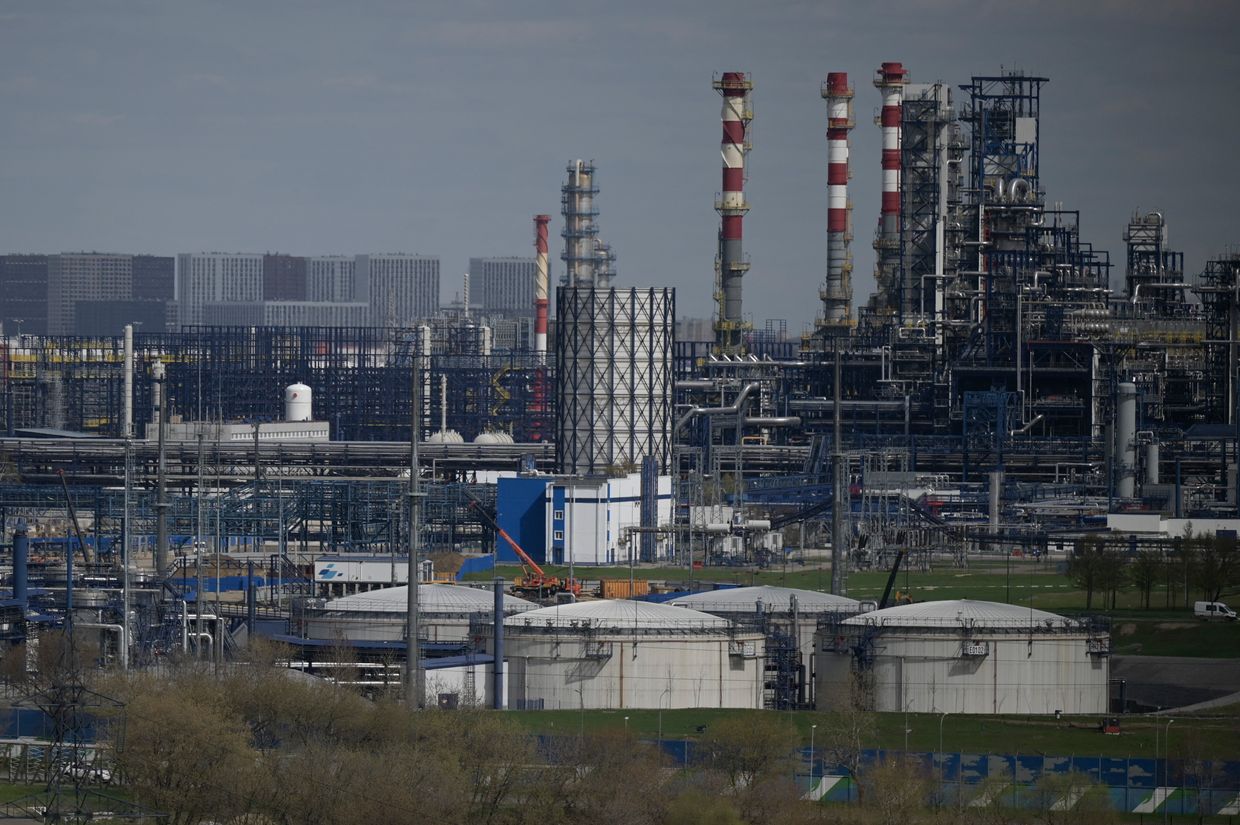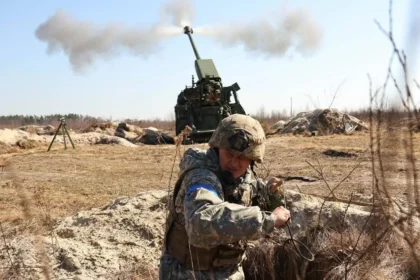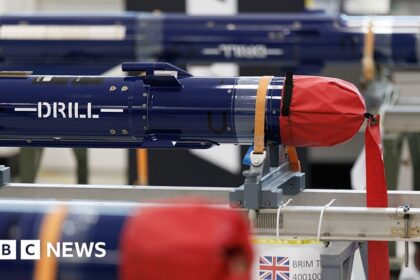**EU Postpones Plan to Lower Price Cap on Russian Oil Amid Middle East Tensions**
The European Union has put off plans to lower the price cap on Russian oil, citing concerns that the ongoing conflict between Iran and Israel could lead to higher prices. According to a report by Politico on June 20, unnamed diplomatic sources said that the escalation of tensions in the Middle East makes it impossible to impose new restrictions.
**Price Cap and Its Purpose**
The current price cap on Russian oil was introduced in December 2022 as a measure to limit the Kremlin’s ability to finance its war against Ukraine. The cap prohibits Western companies from shipping, insuring, or servicing Russian oil sold above $60 per barrel. Ukraine has been calling for the price cap to be lowered to $30 per barrel.
**Middle East Tensions and Oil Prices**
The conflict between Iran and Israel has sent global oil prices soaring. Brent and Nymex crude prices surged over 10% before stabilizing around 7.5% higher, with Brent at $74.50 a barrel and Nymex at $73.20 as of June 20. The spike in oil prices threatens to undermine Western efforts to restrict the wartime revenue of the Russian state, which heavily relies on oil exports.
**EU’s Dilemma**
The European Commission President Ursula von der Leyen said during the G7 summit that the existing measures on Russian oil exports had little effect. However, she noted that oil prices have risen in recent days, so “the cap in place does serve its function.” The EU is caught between reducing the price cap to help Ukraine and keeping it as is to avoid further destabilizing global oil markets.
**Kyiv’s Warning**
EU High Representative Kaja Kallas previously urged the European Union to pursue lowering the oil price cap on Russian oil, even without US support. She warned that Middle East tensions could otherwise drive prices up and boost Russia’s revenues.
Read More @ kyivindependent.com












